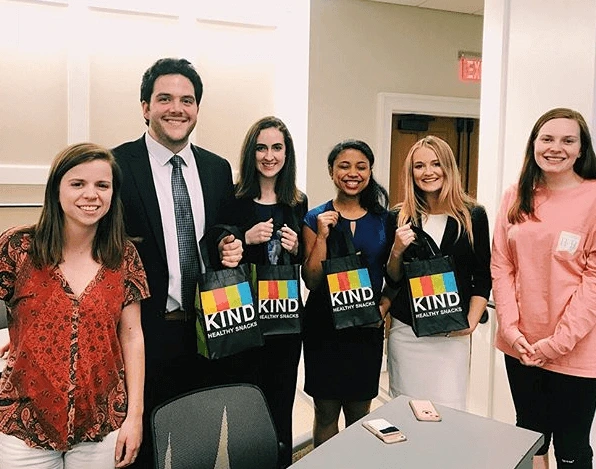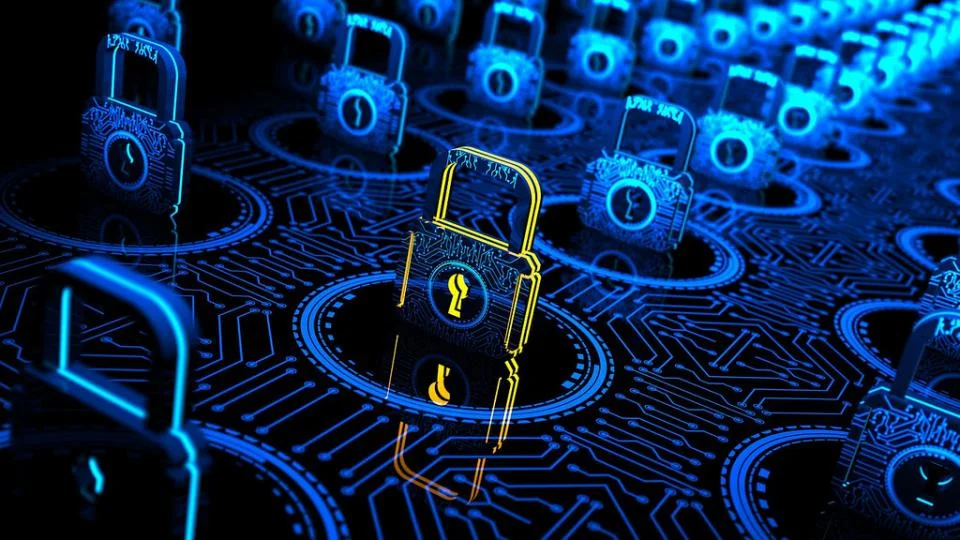By Matt Quint
Shared from the “Ideas and Insights” blog at The Center on Global Brand Leadership at Columbia University.
As Allison Cerra, SVP and Chief Marketing Officer at McAfee, notes for her upcoming BRITE ’18 keynote, “There are only three certainties in life: death, taxes, and hacks.” With a two decade career in marketing and management for several leading brands in the telecommunications and IT industries, Allison has wide expertise on both brand building and technology. We are delighted to share some thoughts from Cerra on brand reputation, the rebranding efforts at McAfee, the cybersecurity and response challenges for brands, among other interesting topics.
1. In 2017, Intel Security Group rebranded itself as McAfee. Can you talk about the challenges and opportunities you have found in “re-branding” McAfee as it has once again become its own stand-alone company?
We like to think of McAfee as a 30-year-old start-up. We’ve been in this industry for three decades – a legacy few can claim. At the same time, we’ve only recently spun out from Intel, allowing us to reinvent McAfee as an independent company. In the process, we’ve rediscovered just how trusted the McAfee brand is among consumers and companies around the world. Our opportunity is to leverage our brand’s enduring strength while positioning McAfee as the device-to-cloud cybersecurity company of choice in the industry.
2. Are there common pitfalls and tips for companies to avoid less sophisticated hacks?
The unfortunate reality for companies is that less sophisticated attacks make up in volume what they lack in refinement. Good cyber hygiene is essential in thwarting the thousands of attacks that fall in this category. That requires companies to not simply purchase cybersecurity solutions, but ensure they are installed and maintained at all times. And, employees tend to be unwitting accomplices for hackers who employ social engineering tactics, like those common in phishing attempts. A culture of security, whereby employees are trained in basic cybersecurity protocol and encouraged to take sound precautions – such as questioning “legitimate” emails or phone calls that appear otherwise – is a good step forward in making employees an integral part of a company’s cybersecurity agenda.
3. What do you see as the greatest brand reputation risks from hacks? And what are some best practices to limit that damage?
Cyberattacks erode brand trust. Consumers expect companies to keep their private information private. When that trust is compromised, consumers are left to question the integrity and/or competence of the company in question. Small businesses, in particular, are vulnerable, with more than half unable to recover six months following a cyberattack.
When a cyberattack happens, time is not on your side. In this case, the best defense is a strong offense. Companies should have a cyberattack readiness plan, one that categorizes threats by severity (a hack of consumer credit card data may be a different level of severity than a website defacement) and identifies the company’s protocol for notifying customers, employees, investors, the media and other stakeholders. In some cases, laws will dictate the necessary communication. In far more, the judgment will be left to the company as to the extent of its communications plan. This communications plan should be reviewed with company executives at least twice a year to ensure it remains relevant. By being proactive with a clear communications plan to handle various levels of threats, marketers will be able to execute more quickly, thereby limiting the potential reputational damage that can accompany a more delayed, if not confused, response.
4. In your perspective as a woman leader in the tech sector, how can tech companies develop cultures to create a more diverse and inclusive employee base?
Cultures are based on values. Companies that aspire to have more inclusive cultures should reexamine the values they use to model the right behavior. At McAfee, we have five values, one of which is to practice inclusive candor and transparency. The word “inclusive” in this value was an important addition. We want a culture where all backgrounds and walks of life are not only accepted, but celebrated. At the same time, we recognize that, to move at the speed of business, we must encourage candor and transparency, particularly when tackling tough issues. As such, we reward employees for candidly expressing their views while honoring the diversity that makes us special. These values govern everything we do – from the employees we recruit to the behaviors we replicate. As such, inclusiveness as a core value speaks volumes about the commitment the company has in revering diversity – and it’s certainly a value I appreciate as a woman in tech.
5. What is one of your favorite musical artists and why?
Any artist that can get my heart pumping on a Peloton ride is tops on my list. Take your pick—Bruno, The Chainsmokers, Britney, Madonna, MJ, Run-DMC—it’s impossible to pick just one!

















